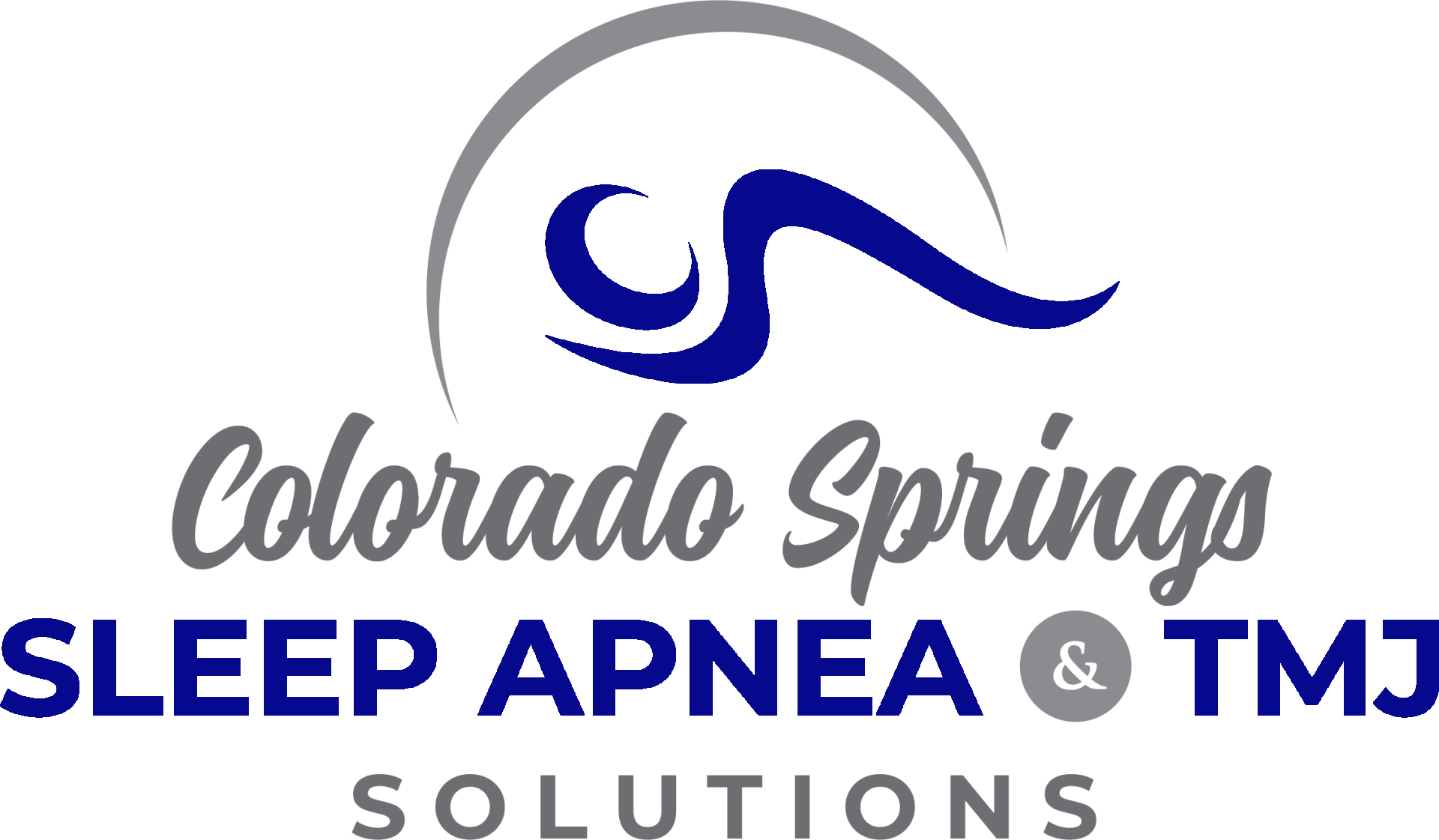SLEEP APNEA FAQS
FAQs Obstructive Sleep Apnea
- Q.HOW DO I FIND OUT IF I HAVE SLEEP APNEA?
A. Sleep Apnea cannot be diagnosed from symptoms alone. There are only two ways to determine if you have sleep apnea. One is called a PSG which is an overnight visit to a facility that is designed to monitor all facets of sleep. The other is a home sleep study where you sleep with a monitor on in the comfort of your own bed. Both options are good at detecting sleep apnea and with both tests, a board certified sleep physician will read and interpret the raw data collected by the sleep study. The at home sleep study is much less expensive to administer than the in lab sleep study but sometimes can under diagnose the occurrence of sleep apnea. It is occasionally recommended that if you have severe symptoms and get a negative reading from a home sleep test that your test is followed up with an in sleep lab study.
- Q. WHAT IS THE DIFFERENCE BETWEEN MILD, MODERATE AND SEVERE SLEEP APNEA?
A. The American Academy of Sleep Medicine has created 3 classifications of obstructive sleep apnea. The differences between the classifications center around the number of times you stop breathing in an hour of sleep. Mild is equal to 5-15 events per hour, moderate is16-30 events, and severe being greater than 30. It is important to note that obstructive sleep apnea is a progressive disorder, without treatment it will get worse.
- Q. WILL I STOP SNORING?
A. It depends. We will be able to run some simple tests to determine the amount of advancement required to prevent snoring. On occasion, it takes a period of time to adjust your appliance to the best possible position; one where you will wake feeling rested, minimize snoring noise and allow you a comfortable night’s sleep. We will do everything in our power to help you get into this position.
- Q. HOW WILL I KNOW IF THE TREATMENT WORKS?
A. We do not completely rely on how you feel to determine if the appliance is working. We expect that you will feel more refreshed and have more energy, but we will also validate our treatment with the use of a follow-up sleep study. It may require us to repeat this test until we get the results that we anticipate. We may also use technology such as a conebeam x-ray to evaluate the increase in the lower airway.
- Q. HOW LONG WILL IT TAKE TO FEEL MORE RESTED?
A. Generally, your subjective symptoms will improve within 30-60 days. We work with you to ensure that this happens as quickly as possible.
- Q. HOW LONG DOES AN APPLIANCE LAST?
A. Nothing lasts forever. Your appliance is going to be used every night for 6-8 hours. We anticipate that your appliance will need to be replaced in 3-5 years. This could be sooner in people who are heavy bruxers and clenchers or those who do not take care of their appliance.
- Q. WILL MY INSURANCE PAY FOR THIS?
A. If you obtain a diagnosis of obstructive sleep apnea, your insurance company should pay for your care. Obstructive Sleep Apnea is a medical condition treated with a dental device. Because it is a medical condition, only medical insurance will provide coverage. It is also subject to your annual medical insurance deductible. If you have met your deductible, they will generally cover more of the expense. If you have not, your payment will apply to your deductible for other services you may need this year.
- Q. IS AN APPLIANCE THE ONLY TREATMENT THAT I WILL NEED?
A. It depends. CPAP is the gold standard of treating severe obstructive sleep apnea, and its effectiveness should never be undervalued. The goal of treatment should always be to render the least invasive, least expensive treatment that is both effective and lends itself to patient compliance. Sometimes, an oral appliance does not meet these goals. When it does not, we will actively support you in obtaining other effective therapies. Both CPAP and oral appliances work by helping air get to your lungs. Occasionally, we will discover that the air is having difficulty in making the journey because of physical barriers in the pathway that CPAP and oral appliances are unable to help. In these situations we will work with the appropriate physician to create a plan that gets you the best possible outcome.
- Q. WHAT ARE THE RISKS OF TREATMENT?
A. Because you will be seeing a dentist with advanced training in treating sleep apnea, we can assure you that every possible precaution will be made to prevent any possible harm to your occlusion (the way your teeth come together) and your TMJ. But despite all care, it is possible to have some consequences in these areas. Generally, the benefits to your health outweigh the risks.
- Q. WHAT ARE THE RISKS OF NOT TREATING SLEEP APNEA?
A. Obstructive Sleep Apnea steals far more than sleep, it steals life. Few diseases have more consequences on your longevity and quality of life than sleep apnea. Of course it is impossible to know for sure, but heart attack, stroke, type 2 diabetes, automobile accidents, poor performance at work, fatigue, and negative social interactions are among the most common and problematic risks.
Appointment Request
COLORADO SPRINGS SLEEP APNEA
& TMJ SOLUTIONS
1675 BRIARGATE BOULEVARD, SUITE C
COLORADO SPRINGS, CO 80920
(719) 344-9161
E-MAIL US
Contact Us
We will get back to you as soon as possible
Please try again later

